NEW HIGH RATE PROCESS FOR DRY FIBERS COMPOSITE PREFORMS
The objective of this project is to evaluate the ability of textile technologies to meet high production rates of the aeronautics industry for large scale parts and complex geometry. Research activities include : preform architecture, tooling concepts and automated textile layup line.
Composites for aeronautical applications have been developed for several decades and their implementation has been largely mastered.
It is wide-body aircraft, performance-oriented programs that have led to an increase in the use of composites in aero-structures.
Thus, the designs, processes and means of implementation developed correspond to this field of application.
In fact, the state of the art int the manufacture of composite structures cannot be transposed in this as-is state to production rates of 5 or 6 times higher.
In fact, the state of the art in the manufacture of composite structures cannot be transposed in this as-is state to production rates of 4 times higher.
Les résultats
• Industrial production vision
• Process for manufacturing a dry-fiber preform (Patent n°1)
• Infusion in closed volume (Patent n°2)
• Principle of transverse lay up
• MADRAS industrial textile preform line
• Fast preforming unit
In addition to the above achievements, the IRT Jules Verne’s Processes and Composite Materials team has capitalised on skills in the field of dry fibre materials and their implementation, including the Design-to-Manufacturing concept. This was made possible by the acquisition of the MADRAS line. With a length of 18 metres and made up of three robotic unit, this operational demonstrator has made it possible to develop a new process for processing «highspeed» textile composite material.
Industrial impacts
The “MADRAS” solution invented by the team is four times faster than existing technologies, with reduced investment and consumable costs, and with a relatively lower environmental impact. On this last point, the team succeeded in optimising the architecture of the preforms to achieve a minimum scrap rate of 5%.
Valorisations
- The WING project was highlighted at the Paris Air Show, the International Aeronautics and Space Exhibition, in June 2019, where the IRT Jules Verne presented its work in the field of forming and preforming, additive manufacturing and assembly.
- Discover the projet in video here.
- In addition to the above achievements, the IRT Jules Verne’s Processes and Composite Materials team has capitalised on skills in the field of dry fibre materials and their implementation, including the Design-to-Manufacturing concept. This was made possible by the acquisition of the MADRAS line. With a length of 18 metres and made up of three robotic unit, this operational demonstrator has made it possible to develop a new process for processing «highspeed» textile composite material.
- Several projects have already been launched in the track of WING. In particular, European CARBO4POWER project (H2020, GA n°953192) and the ZEBRA project (PIA project, a french funded), both of them will use MADRAS technology for Marine Renewable Energy applications. In parallel, other research projects or services are currently being studied.
Expertise
- Composite processes
Partners
- IRT Jules Verne
- Airbus
- Fives
- Loiretech



